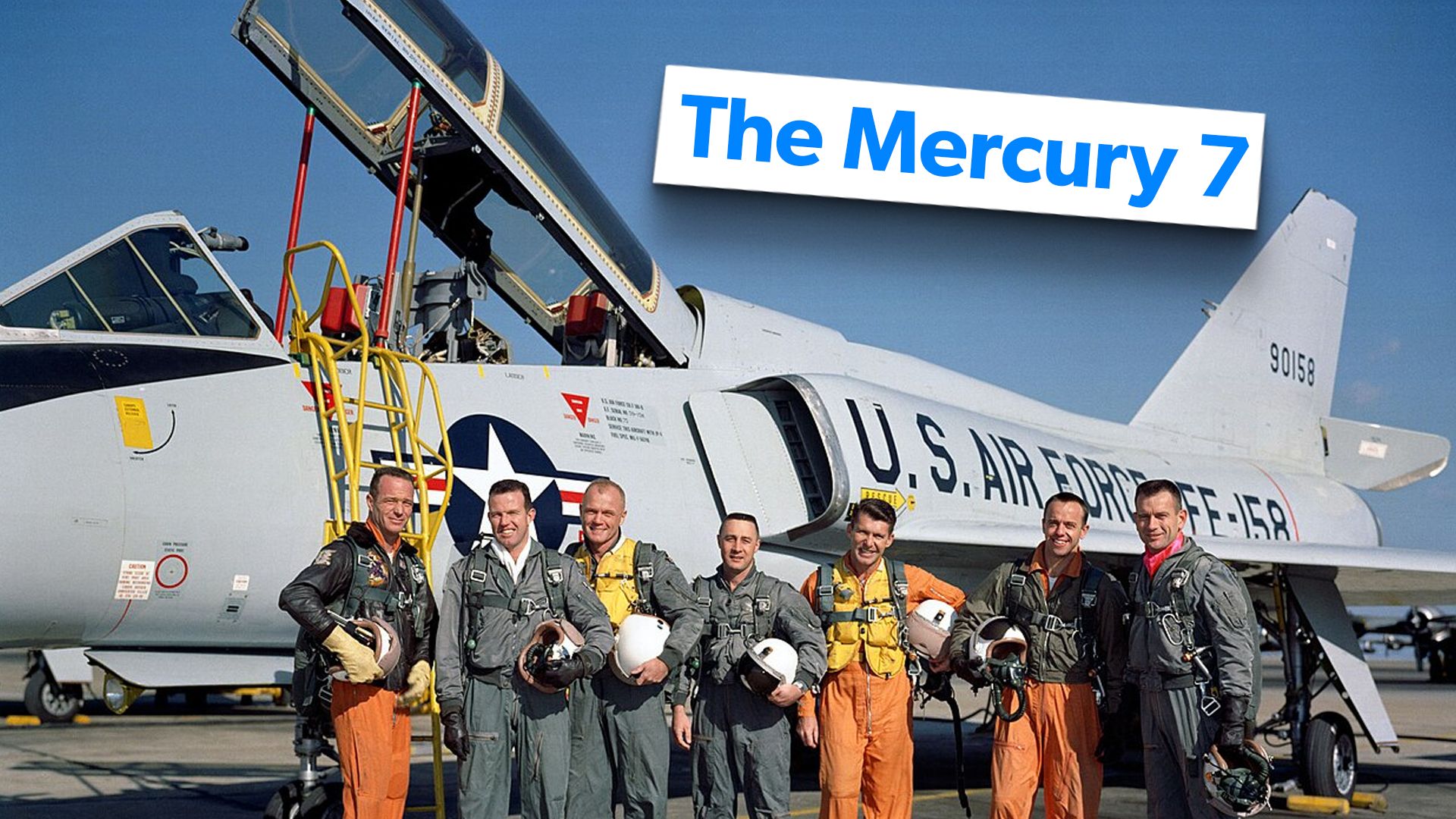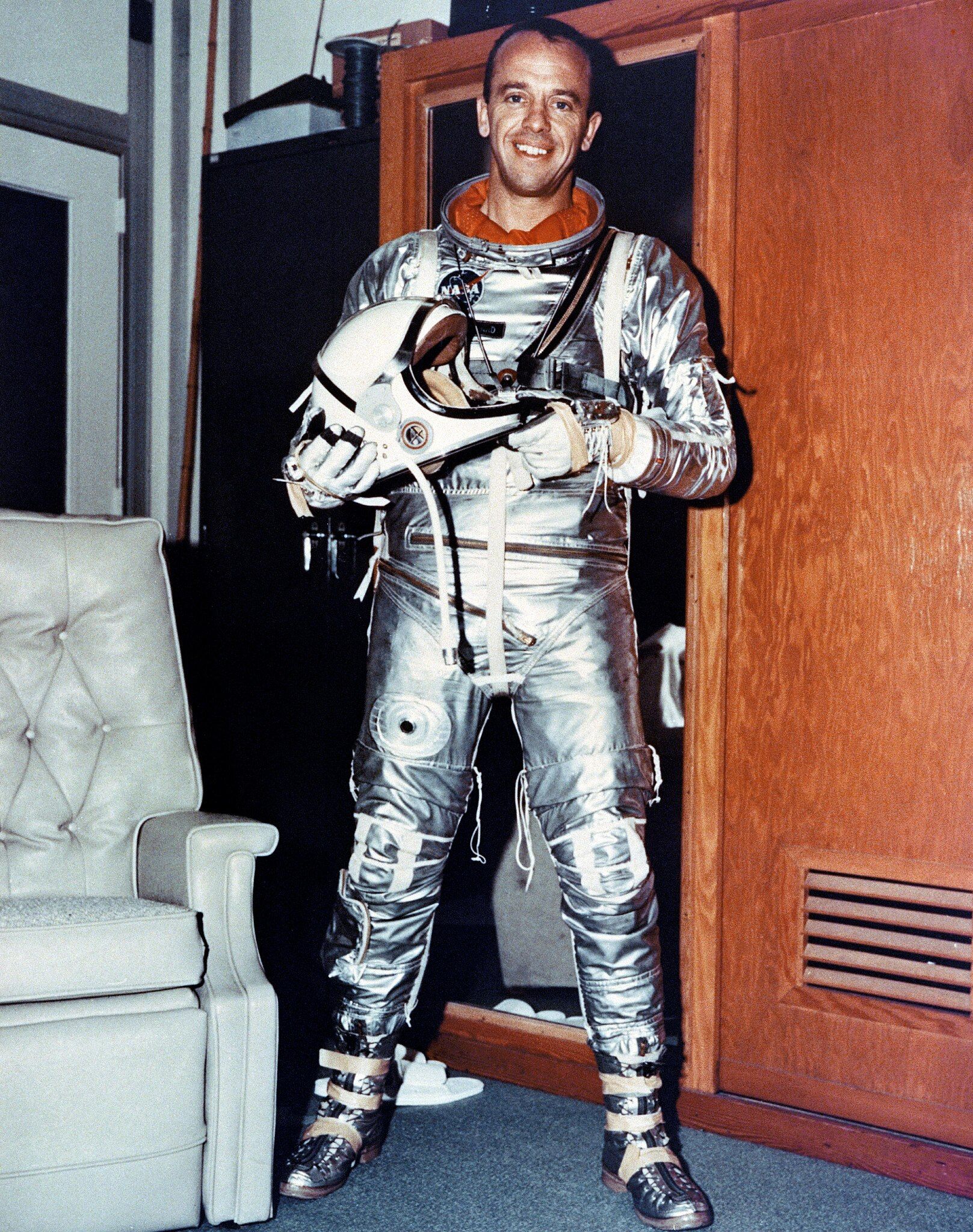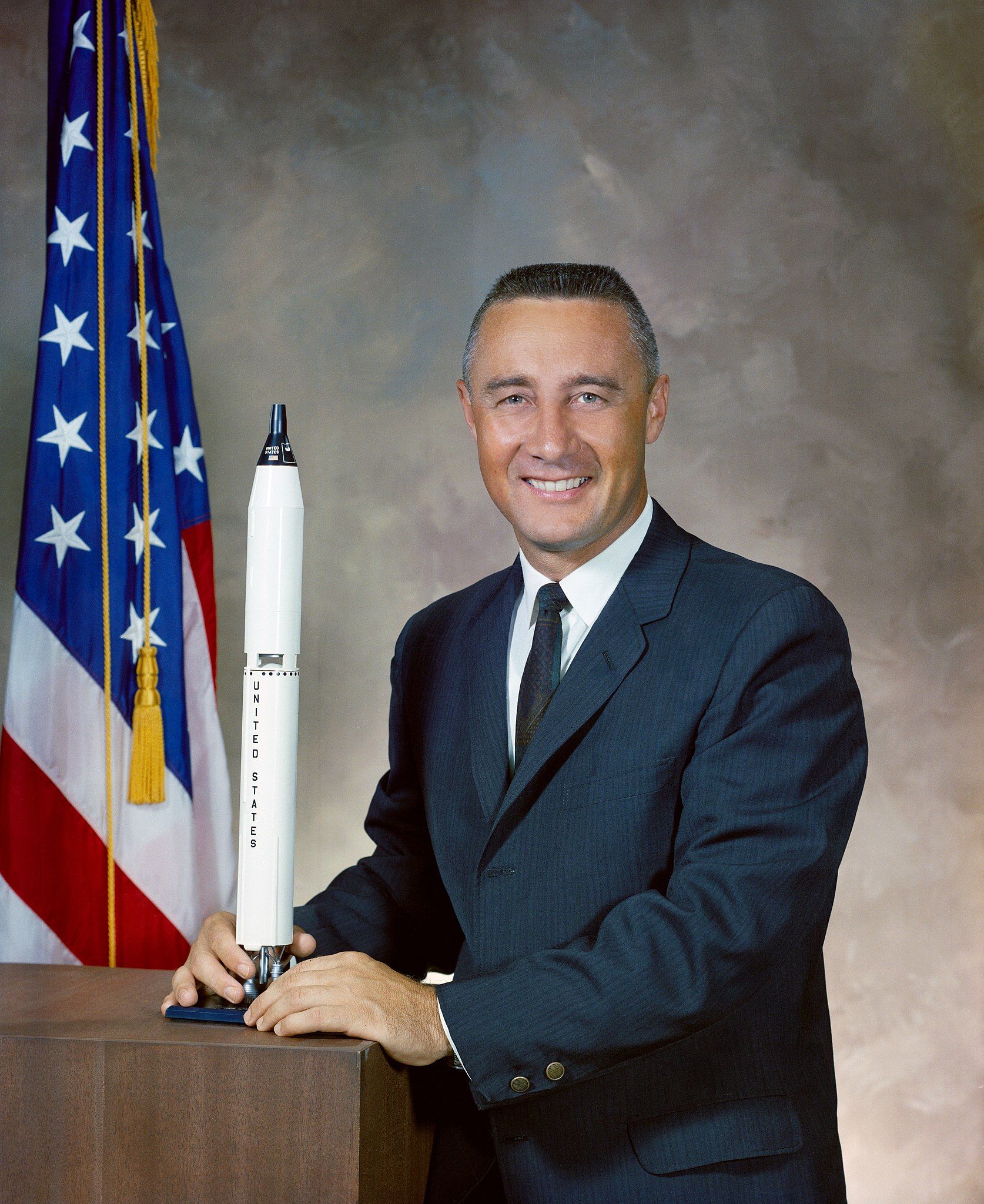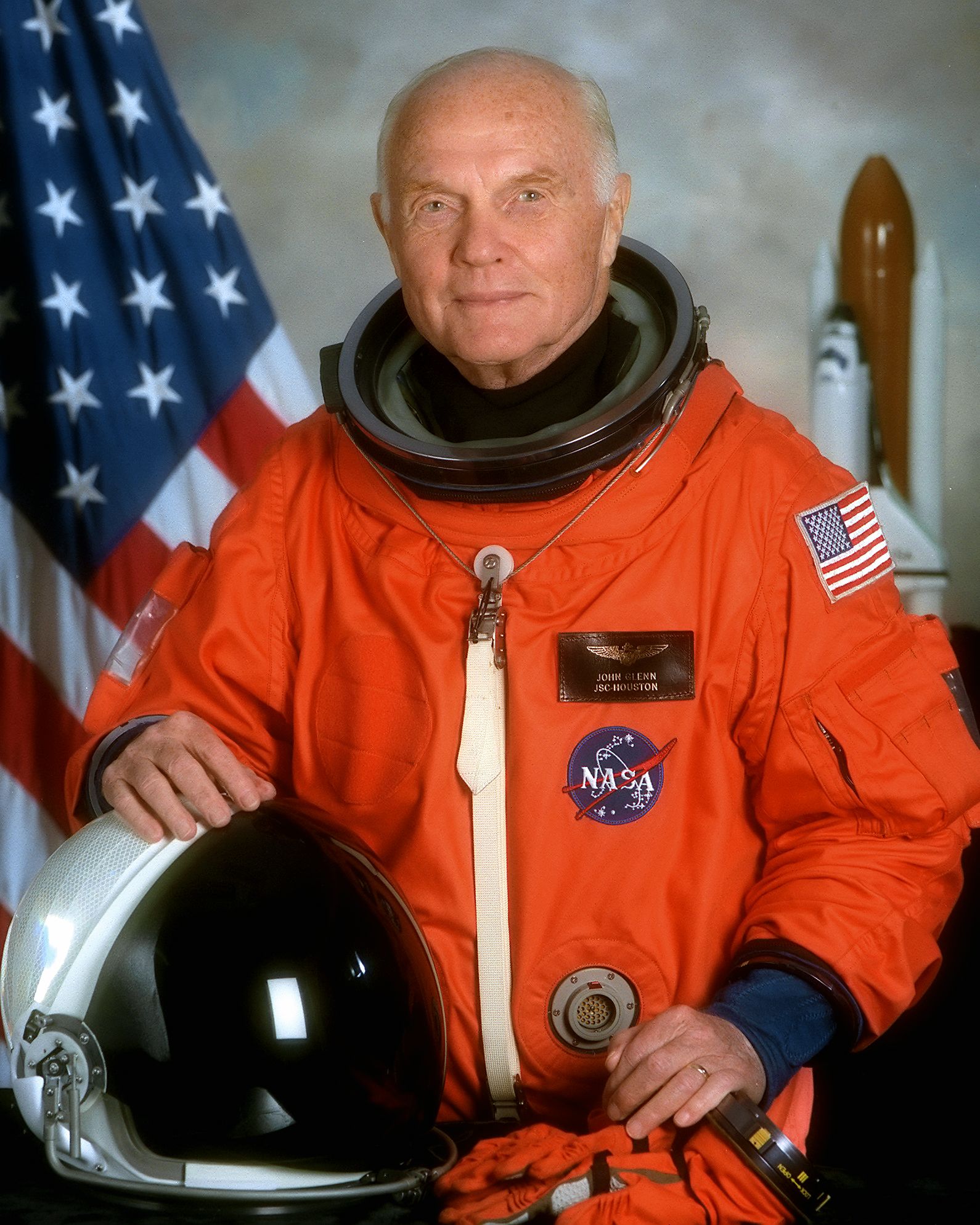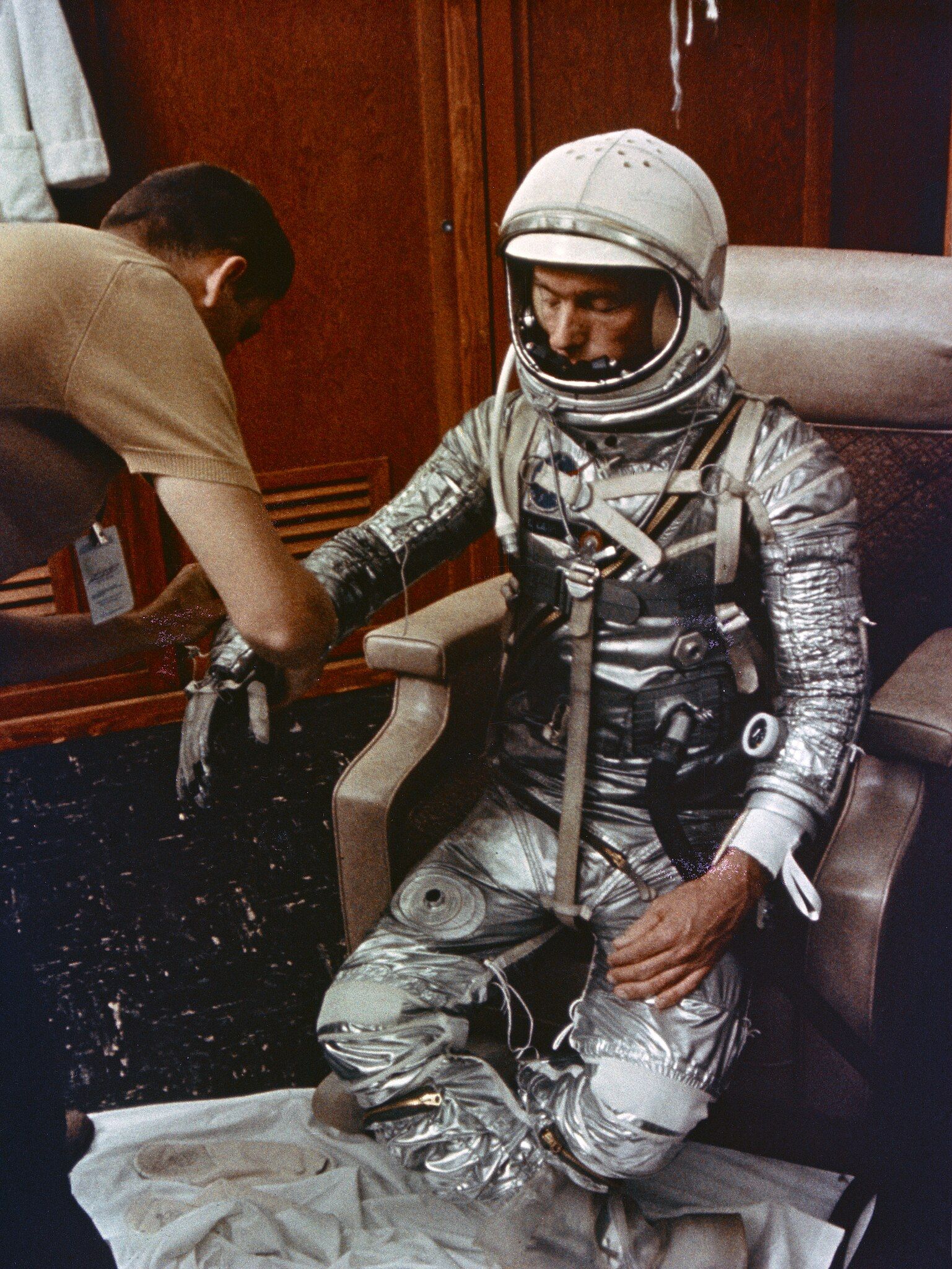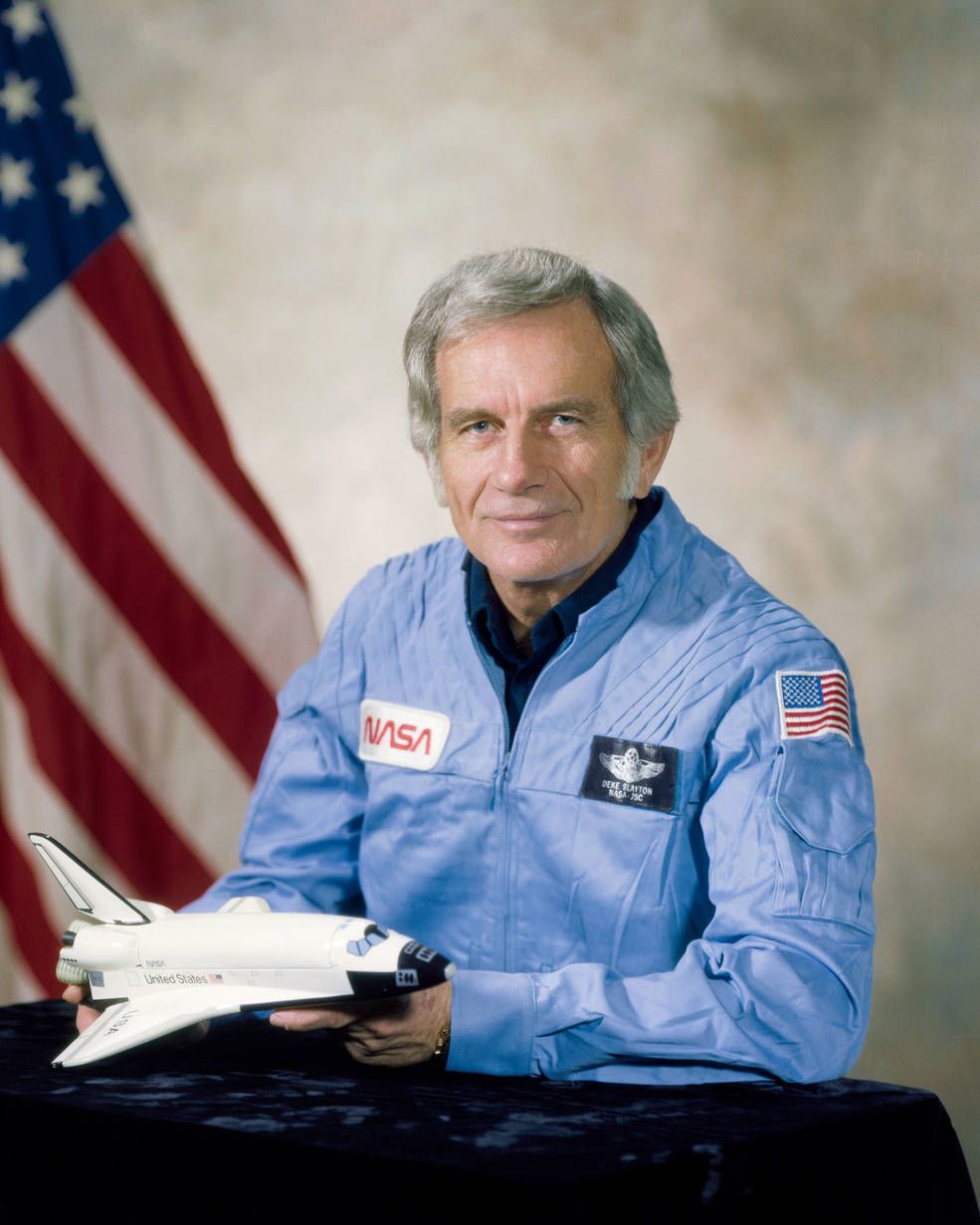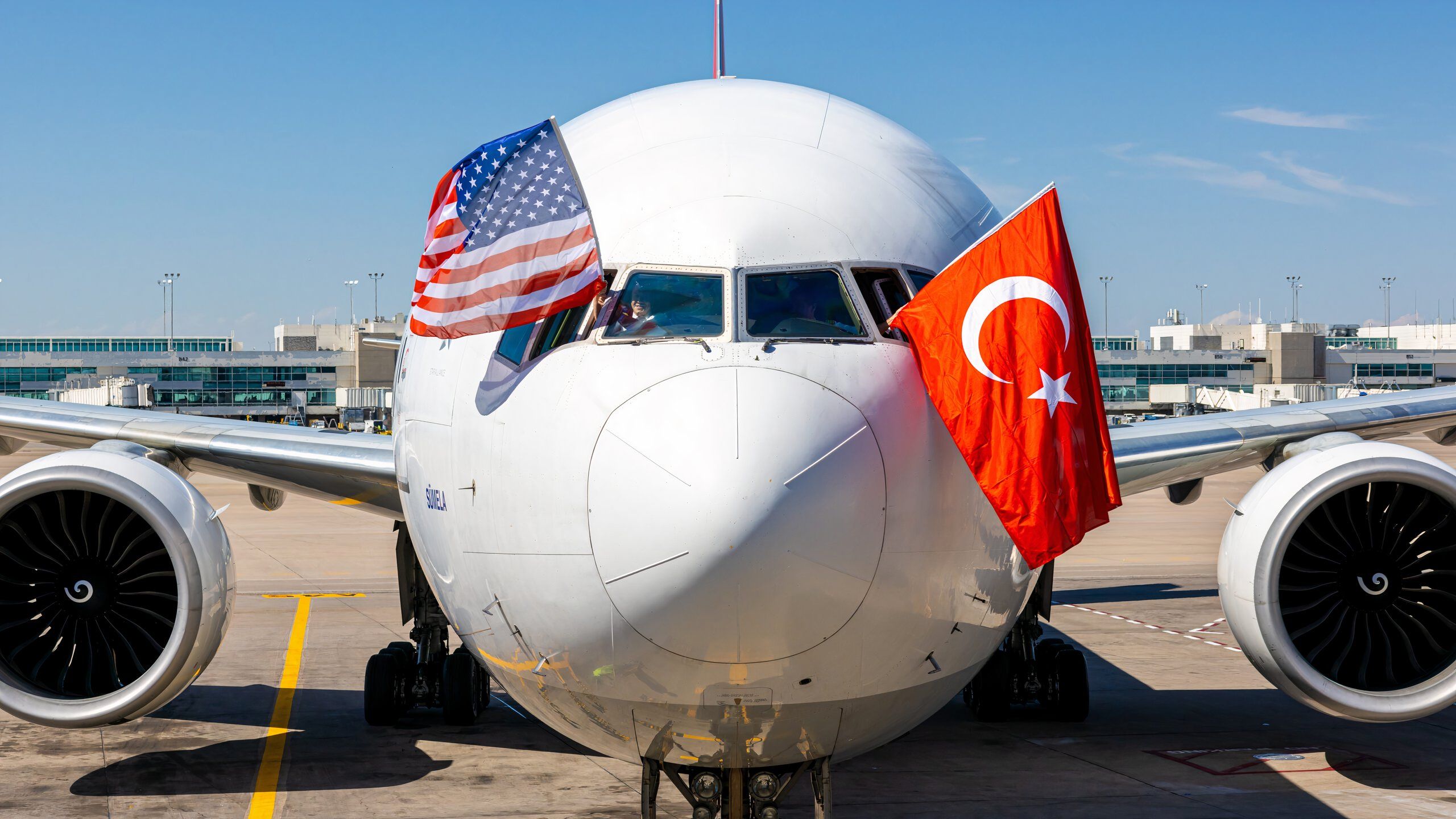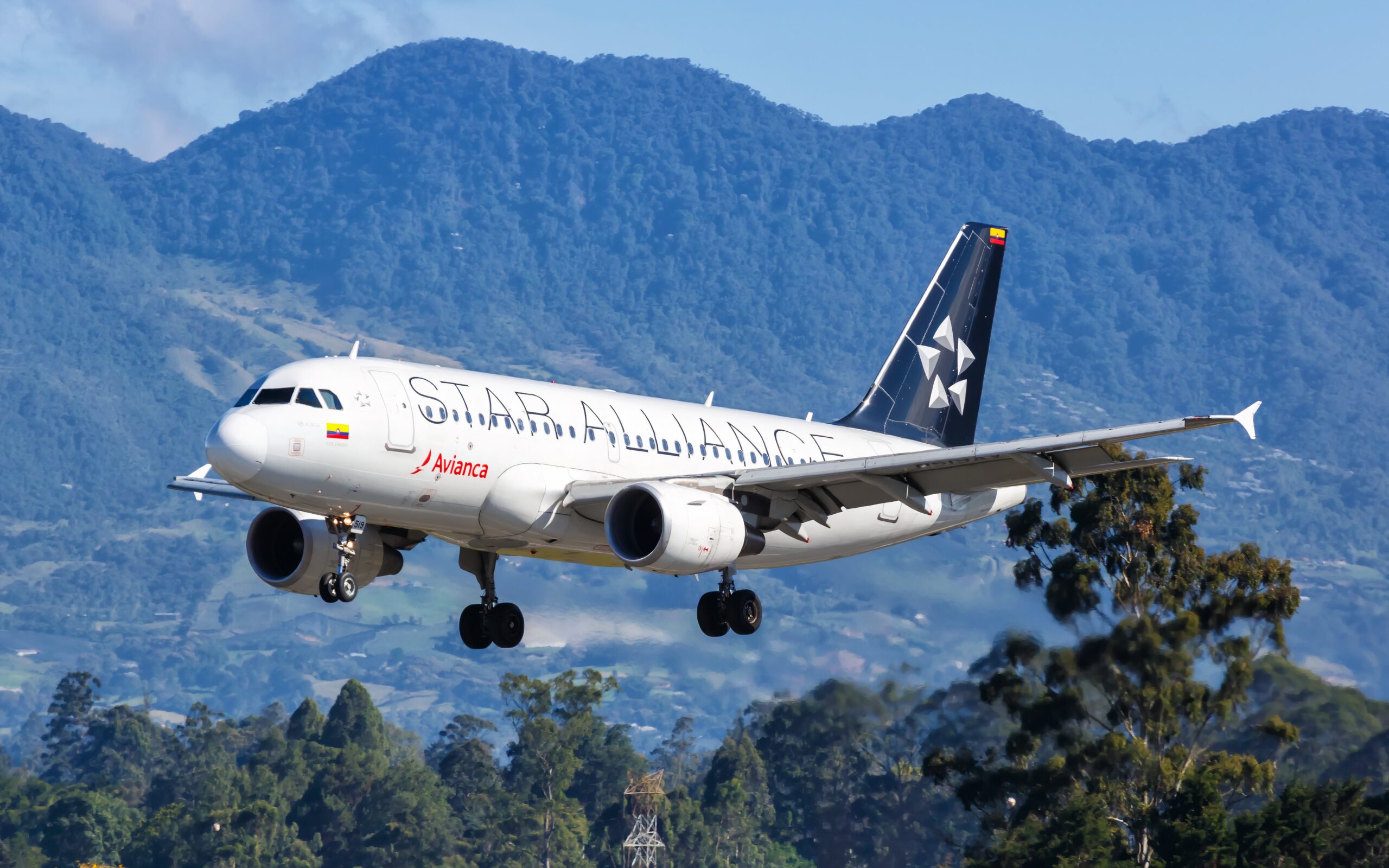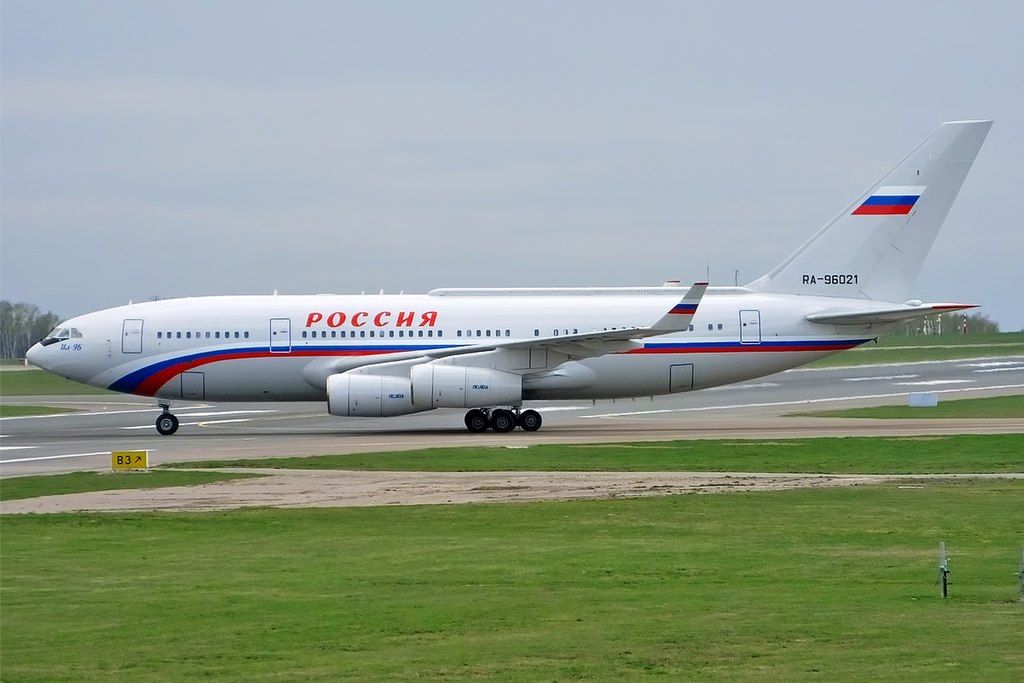The first men in space are still cherished several decades after the first space program. These men were part of NASA’s first astronaut program, the Mercury Seven. Also known as the Original Seven and Astronaut Group 1, these men became the first in the world to orbit the Earth.
1
Alan Shepard
An American astronaut
- Born: November 18, 1923
- Died: July 21, 1998
Alan Shepard was an American astronaut who became the second person and the first American to travel into space. Shepard became a naval aviator in 1947 and received his test pilot credentials in 1950. He was selected for NASA Mercury Seven astronauts in 1959. He participated in the first Project Mercury flight, Mercury Redstone 3, in 1961.
Awards
- Navy Distinguished Service Medal
- Distinguished Flying Cross
- Congressional Space Medal of Honor
- NASA Distinguished Service Medal (2)
- NASA Exceptional Service Medal
In 1971, Shepard served as the commander of the Apollo 14, piloting the Apollo Lunar Module Antares. Shepard was the fifth person in the world and the only one of the Mercury Seven astronauts to walk the surface of the Moon. Shepard was scheduled to pilot the Mercury-Atlas 10, but the mission was canceled. He retired from NASA and the US Navy in July 1974.
2
Gus Grissom
United States Air Force pilot
- Born: April 3, 1926
- Died: January 27, 1967
Gus Grissom was an engineer and a United States Air Force (USAF) pilot. NASA selected him as one of the original Mercury Seven to be trained to go into outer space. He served in NASA’s Project Gemini and Project Apollo and became the second American to fly in space in 1961.
Awards
- Distinguished Flying Cross
- Congressional Space Medal of Honor
- NASA Distinguished Service Medal
The USAF test pilot served in the Second World War and the Korean War. He received numerous awards and medals for his work with the US Military and NASA. Gus Grissom died on January 27, 1967, during the pre-launch test of NASA’s Apollo 1 mission in Florida.
3
John Glenn
United States Marine Corps aviator
- Born: July 18, 1921
- Died: December 8, 2016
John Glenn was a US Marine Corps aviator and astronaut who became the third American to go into space and the first American to orbit the Earth. Glenn was a distinguished fighter pilot during the Second World War, the Chinese Civil War, and the Korean War. He received numerous awards and medals for his flying crosses with the military.
Awards
- Congressional Gold Medal
- Presidential Medal of Freedom
- Congressional Space Medal of Honor
- NASA Distinguished Service Medal
Glenn became one of the Mercury Seven test pilots in 1959, and in 1962, he became the fifth person in history to go into outer space. After he retired from NASA, he served as a US Senator from Ohio from 1974 to 1999. Glenn flew into space one last time in 1998 onboard the Space Shuttle Discovery. At the age of 77, he became the oldest person to enter Earth’s orbit.
4
Scott Carpenter
United States Navy commander
- Born: May 1, 1925
- Died: October 10, 2013
Malcolm Scott Carpenter was a naval officer and aviator with the United States Navy (USN) and one of the Mercury Seven astronauts selected for NASA’s Project Mercury. Carpenter became the fourth American in space, after Alan Shepard, Gus Grissom, and John Glenn.
Awards
- Legion of Merit
- Distinguished Flying Cross
- NASA Distinguished Service Medal
Carpenter began his US career in 1949 and became the operator of the Lockheed P-2 Neptune on various missions, including reconnaissance and anti-submarine warfare. In 1954, Carpenter became a test pilot and an Air Intelligence Officer of the USS Hornet. In 1959, he was selected to fly the Mercury Atlas 7 mission. He became the second American to orbit the Earth. He retired from NASA in 1967 and from the USN in 1969.
5
Gordon Cooper
United States Air Force colonel
- Born: March 6, 1927
- Died: October 4, 2004
Gordon Cooper was an aerospace engineer and a USAF test pilot. He served as a fighter pilot with the US Marine Corps during World War II and was commissioned into the USAF in 1949. He received his test pilot credentials in 1956 and was selected as one of Mercury Seven astronauts in 1959.
Awards
- Legion of Merit
- Distinguished Flying Cross (2)
- NASA Distinguished Service Medal
- NASA Exceptional Service Medal
Cooper piloted the last Mercury space flight, the Mercury-Atlas 9, in 1963. In 1965, he became the first person to make the second orbital flight, piloting the Gemini 5. Alan Shepard superseded him after serving as a backup commander of the Apollo 10 mission. Cooper retired from NASA and the USAF in 1970.
6
Wally Schirra
United States Navy captain
- Born: March 12, 1923
- Died: May 3, 2007
Walter Schirra was an American naval aviator and test pilot for the US Navy. After graduating from the US Naval Academy in 1945, Schira served during World War lI and was commissioned into the USAF in 1949. He received his test pilot credentials in 1956 and was selected as one of Mercury Seven astronauts in 1959.
Awards
- Navy Distinguished Service Medal
- Distinguished Flying Cross (3)
- Air Medal (3)
- NASA Distinguished Service Medal (3)
- NASA Exceptional Service Medal
In October 1962, Schirra flew the Mercury-Atlas 8 mission and became the ninth person and fifth American to travel into space. In October 1968, he became the commander of Apollo 7 and flew a low Earth orbit test mission that lasted 11 days. In total, Schirra logged 295 hours and 15 minutes in space.
7
Deke Slayton
United States Air Force major
- Born: March 1, 1924
- Died: June 13, 1993
Donald Kent “Deke” Slayton was an aeronautical engineer and a test pilot with the USAF. He joined the US Army Air Forces during the Second World War. He joined the Minnesota Air National Guard after receiving an engineering degree from the University of Minnesota in 1949.
Awards
- Distinguished Flying Cross
- NASA Distinguished Service Medal
- Collier Trophy
- James H. Doolittle Award
He became the USAF test pilot in 1955 and was selected as one of Mercury Seven astronauts in 1959. Slayton served as the docking module pilot of the Apollo-Soyuz Test Project (ASTP) in 1975. Slayton continued to work at NASA until 1982. He died from brain cancer at the age of 69.

